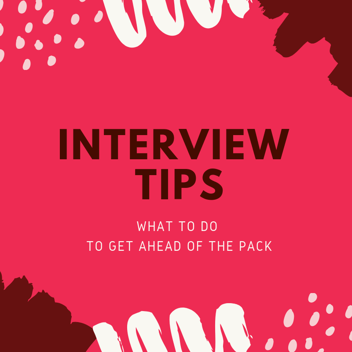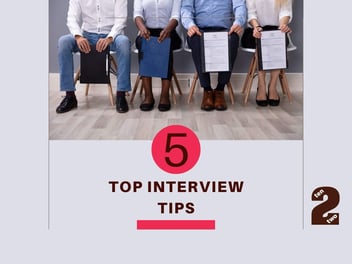When do I hear if I’ve got the job?!
You’ve been to an interview and it all went brilliantly. So why is it taking so long to hear back as to whether you’ve got the job? Don’t they know you’ve got plans to make, childcare to sort, and holidays to plan in your head?!
We explore the interview process and try to answer the ‘when should I hear?’ million dollar question. If you’ve just applied for a new flexible career role, time probably feels like it’s moving at a snail’s pace. Particularly when it comes to flexible roles, which by default are harder to come by, so you might feel there’s a lot more riding on the outcome.
Good news: you’re not alone in feeling like this. We’re often contacted by professionals who haven’t heard back about a job interview that seemingly went very well. Or if you’re yet to interview and your CV has been put forward for a role, it can feel like an excruciating wait to hear back from an employer or agency. This is all normal however.
Prepare to be patient!
Firstly, bear in mind the initial closing date on an advertised vacancy. If you applied for a job but the advert was due to run for another four weeks, then you have to be patient until all the CVs have been collated.
When applying through a recruitment consultant, they will shortlist the most suitable CVs for their client. Once these have been sent over, there will be an internal process. The person in charge of recruitment may have to consult with different departments for shortlisting and to find a suitable time that everyone is together to stage the interview process.
If you’re invited to interview, it’s best to allow around 2 weeks before a decision is reached. And that’s if there aren’t two or three rounds of interview first. Saying that, sometimes an offer is made on the spot and other times other candidate availability and recruitment managers’ diaries can string it out for up to 4 weeks.
Deborah says, “For a client, finding the right employee is a process and although it feels really personal we tell candidates that it really isn’t.
See it from the employer’s viewpoint
Employers are matching a person to a role based on a number of criteria: skills, experience and cultural fit. And most of the time, with the best will in the world, it’s not about you, it’s about who you’re up against.
Someone may have worked on a project similar to one the client has coming up. Or the employer may love you, but your CV is not as strong as another one they’ve seen. Ultimately, employing someone new is a risk, particularly for small businesses – it costs time and money, so they can’t afford to make the wrong choice.
For example, a small employer may be scared about hiring someone from a big corporate background in case they don’t like the change in culture and decide to quit after a few months. Having said that, don’t feel downhearted as some employers recognise the benefit of transferable skills and it may come down to personality over skills.
So don’t feel despondent if you don’t get an answer quickly or don’t get the job in the end.
As Deborah says, “A job application will always be decided based on skills, experience and culture. It’s really not personal! It’s best to learn from the experience and focus on the next role you’d love to have.


 Back to resources
Back to resources 3 min read
3 min read








